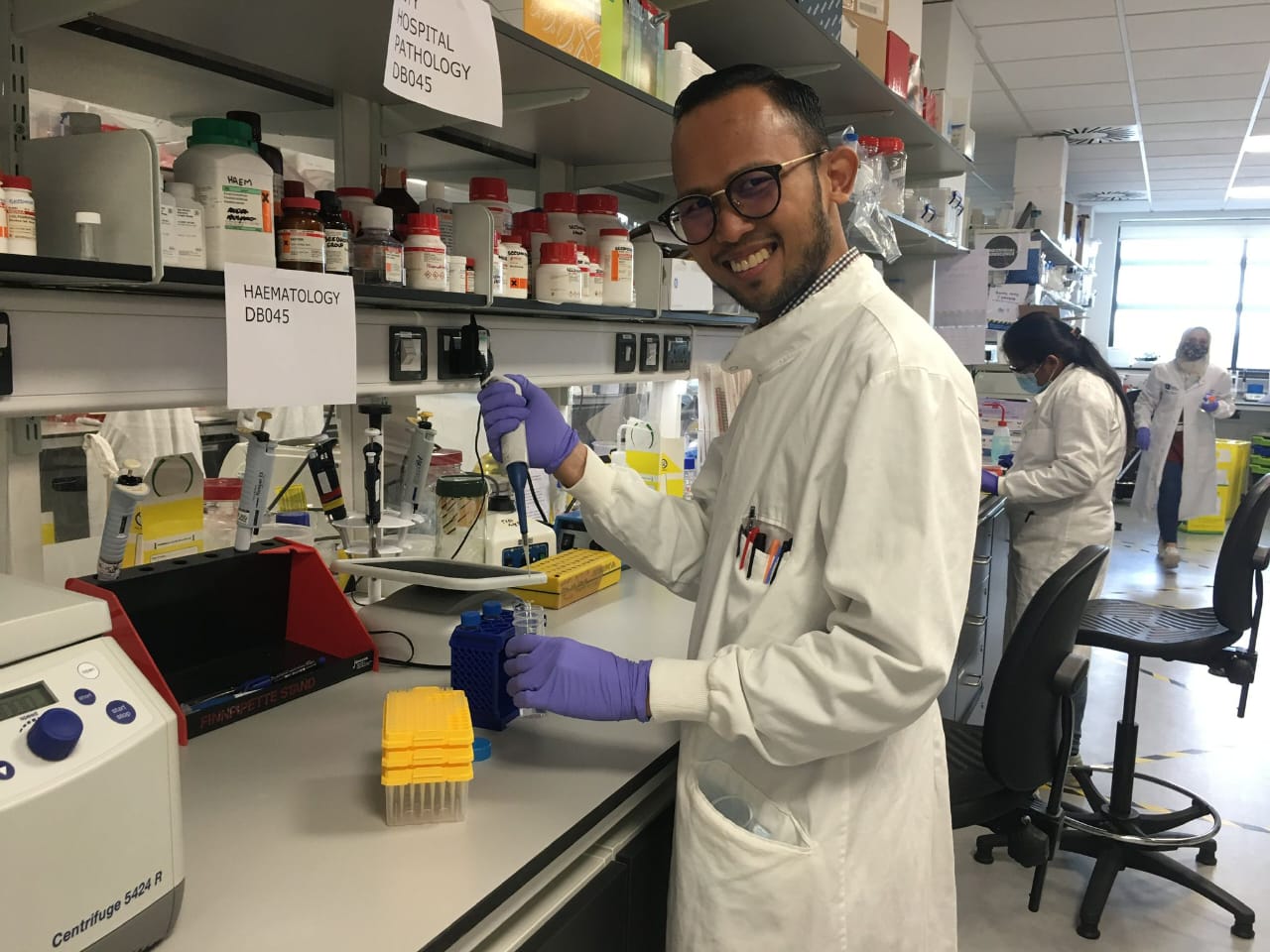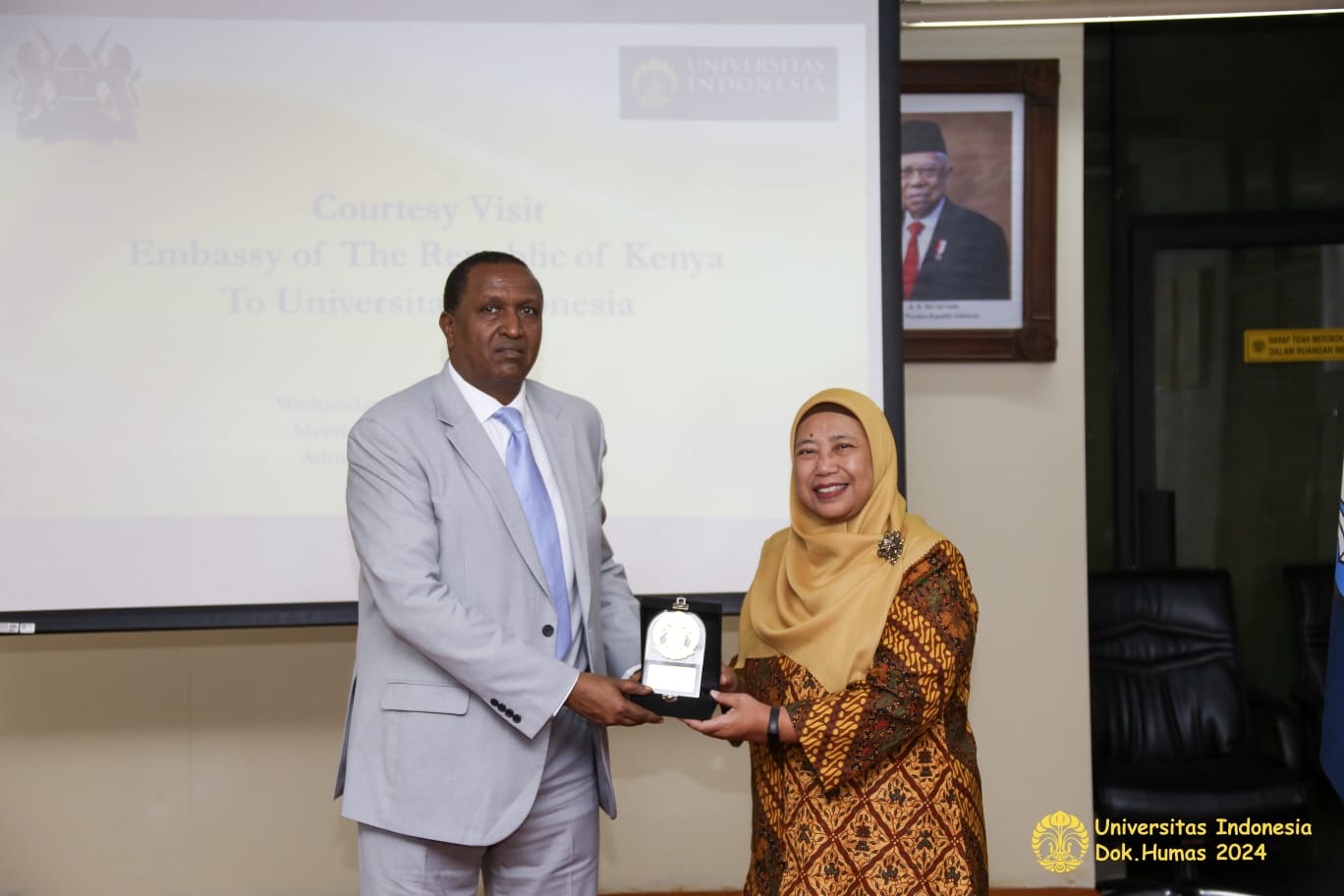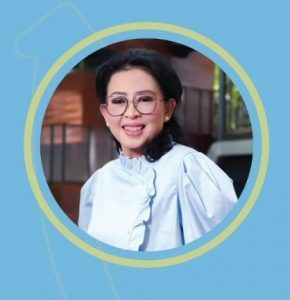
The paradigm of society must be changed, from being accustomed to the concept of “Throw garbage in its place” to “Sort garbage according to its type”. “We must have the mindset ‘My waste is my responsibility’ so that everyone has the awareness that protecting the environment is everyone’s duty,” said Rosa Vivien Ratnawati, S.H., M.Sc., the Director General of Waste, Garbage, and Hazardous Toxic Materials Management (PSLB3), Ministry of Environment and Forestry of the Republic of Indonesia, one of the speakers at the #PlastikkuUangku webinar organized by Faculty of Engineering, Universitas Indonesia (FTUI), on Saturday (5/3).
As a university that has a concern for environmental sustainability, UI always strives to increase public awareness of the impact of plastic waste and educate about the circular economy of plastics. One of the ways to do this is through organizing the #PlastikkuUangku webinar by (FTUI) and Le Minerale with the theme “Circular Economy: Indonesia’s Plastic Waste Solution and Climate Change Mitigation”. The event was attended by students who are members of Green Polymer Technology (GPTech) and opened to the public.
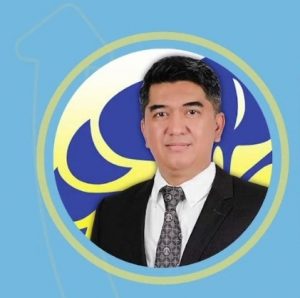
Dean of FTUI Prof. Dr. Heri Hermansyah, S.T., M.Eng. said in his welcoming speech, FTUI is committed and focused on waste management and reforestation and currently has a program for sorting organic and inorganic waste. Nearly 90% of organic waste is processed into compost while inorganic waste is processed and recycled by Depok waste bank. In addition, some plastic bottles were chopped for research samples for students and lecturers.
“One of the results of this research is asphalt made from multilayer plastic waste. The road paving was carried out on Jalan Sumitro, UI Depok Campus. This is part of a pilot project for the use of low-value plastic waste materials as asphalt mixtures. The total plastic used is 75 kg of plastic waste packaging instant noodles. The paved area is 241 square meters,” said Prof. Harry.
The successful implementation of a circular economy, especially for plastics, relies not only on the effectiveness of plastic waste management but also on several other aspects. The production process of recyclable plastic raw materials, government policies, and community participation are other crucial aspects that can make the circular economy a success. Therefore, in the #PlastikkuUangku webinar, UI collaborated with its partner, Le Minerale, with other key figures in the implementation of circular economy.
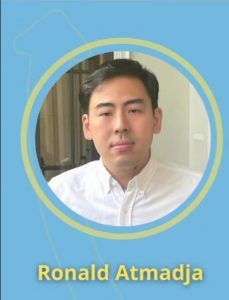
Director of Le Minerale’s Sustainability Ronald Atmadja delivered an overview of the circular economy from the perspective of the plastics industry. According to him, plastic has two sides, namely the positive side: light, strong, not easy to corrode, cheap, and low carbon, and the negative side: long time to decompose until piling up.
“With a circular economy, plastics and other waste can be regenerated and extracted the maximum value from their use and reduce the need for new natural resources. Of course this can work if there is the right infrastructure and mentality from all stakeholders, namely regulators, producers, business actors, associations, and the community. Le Mineral as a water producer takes the attitude to be a catalyst that spreads knowledge, improves the performance of the recycling industry, and builds upstream to downstream partnerships for a circular economy to become a real solution in Indonesia,” said Ronald.
Regarding regulations, Rosa Vivien said that the government has established several rules regarding waste management. The Seventh Commission of the House of Representatives with Ministry of Environment issued Law Number 18 of 2008 on waste management. The law began to change the view that waste that was originally handled through collection-transport-disposal, now passes the thought of how waste can be economically useful as a resource.
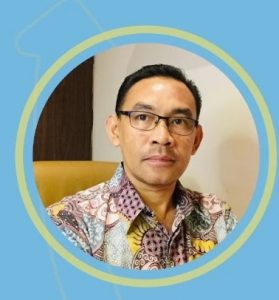
According to FTUI lecturer, Dr. Mochamad Chalid, S.Si., M.Sc. Eng., people need to change the concept of linear economy to circular economy. Economic stimulation will encourage many parties to get involved in the utilization of recycled waste. “FTUI made a new breakthrough by creating a circular economy-oriented governance system by empowering the OBs (office boys). Plastic waste collected and sorted by organic and inorganic will be deposited by the OBs to waste banks in Depok. This system is friendly to the environment and improves the welfare of the OBs,” said Dr. Chalid.
In the second session of the webinar related to an overview of the current state of the plastic recycling industry in Indonesia, Chairman of the Indonesian Plastic Recycling Association (ADUPI) Christine Halim revealed that currently the recycling industry is needed in the world, and a workforce is needed for it. This is because plastic waste can be a huge problem. “So it’s better for us to sort out the waste and recycle it. It will definitely be useful and can generate economic value that is useful for many people,” said Christine.
Founder of The Plastic XChange & CNN Heroes 2021 I Made Janur Yasa, who is experienced in initiating plastic-related social movements, talked about the implementation of a circular economy that requires the active role of the community. The Plastic XChange program/movement is an action education, he said. He invited people to participate in tackling plastic waste starting from home.
Along with this webinar activity, Le Minerale and GPTech also launched the first video on plastic education on GPTech’s YouTube channel. The video broadcast is part of GPTech’s work program to educate the public about plastics. Not only does GPTech have educational videos but also other educational programs specifically designed for the younger generation such as podcasts, guest lectures, and research groups.
For more information refer to:

